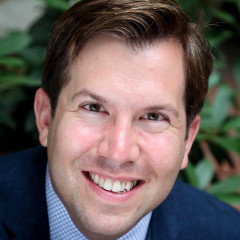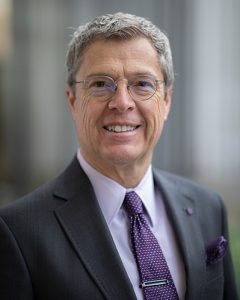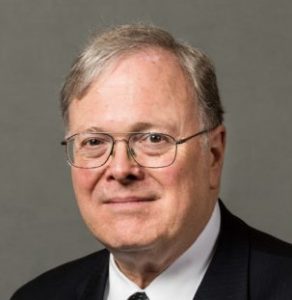Revival Statutes, Clergy Sexual Abuse, and COVID-19
 Patrick Hornbeck is Chair and Professor of Theology at Fordham University
Patrick Hornbeck is Chair and Professor of Theology at Fordham University
In the months before COVID-19 struck, Google news searches on the terms “religion” and “epidemic” returned two sets of stories the pandemic has largely eclipsed. One cluster of articles chronicled the opioid addictions sweeping U.S. communities, while the second reported on revelations about sexual abuse by clergy and other religious workers. The nation’s two largest religious groups, the Roman Catholic Church and the Southern Baptist Convention, confronted patterns of abuse and concealment that victim-survivors and commentators in both traditions characterized as “epidemic” in proportion. Some state legislatures responded by extending statutes of limitations for child sexual abuse and other forms of sexual misconduct, by reviving expired civil claims up to a certain age, and/or by creating revival windows during which victims could pursue any claims against alleged abusers and the institutions that employed them.


